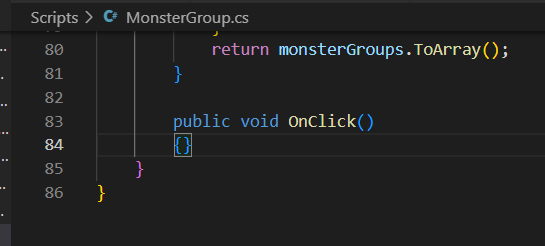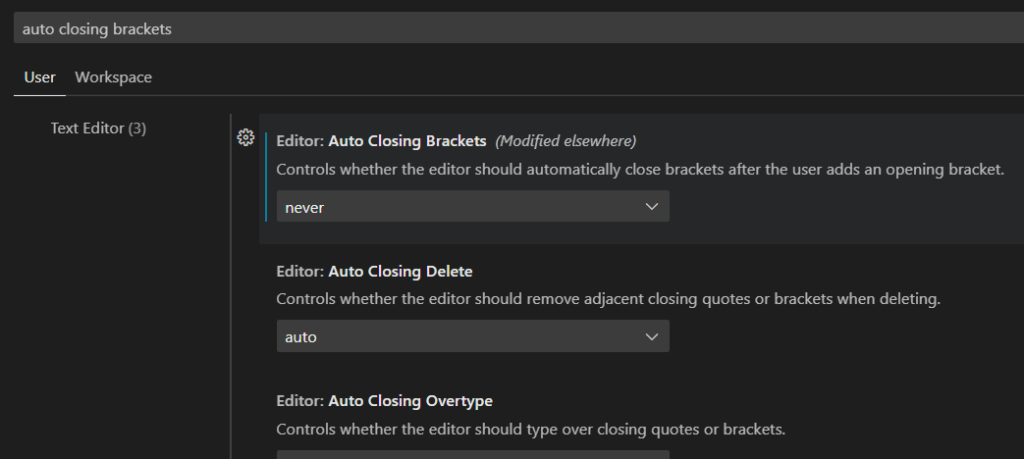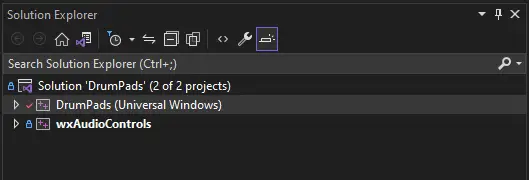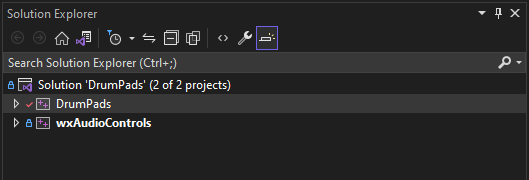I recently resurrected a dormant code project and went through the process of converting a wxWidgets 3.0 project to wxWidgets 3.1 and updaing from Visual Studio 2010 to Visual Studio 2019.
Include Directories
Here are the things I had to change to make things build and run:
Change “Platform Toolset” to Visual Studio 2019 in General configuration properties.
Change include and library directories from wxWidgets 3.0.2 to 3.1.4 in VC++ Directories and update the include path for modern Visual Studio. The change to $(IncludePath) does a lot of magic things that will save a lot of trouble. Failure to update that will cause common includes like stdafx.h to be missing.
Change include from:
E:\lib\wxWidgets-3.0.2\include;$(VCInstallDir)include;$(VCInstallDir)atlmfc\include;$(WindowsSdkDir)include;$(FrameworkSDKDir)\include
to:
E:\lib\wxWidgets-3.1.4\include;$(IncludePath)
Code
The only code changes I had to make were to remove wxADJUST_MINSIZE anywhere it showed up.
Libraries
This is for the debug version of the project. Remove the “d” for libraries in the release version (i.e. wxbase31ud_core.lib => wxbase31u_core.lib).
These libraries showed up as missing:
comctl32.lib
rpcrt4.lib
uuid.lib
kernel32.lib
Adding C:\Program Files (x86)\Windows Kits\10\Lib\10.0.19041.0\um\x86 to the linker directories fixed this.
msvcprtd.lib
Adding C:\Program Files (x86)\Microsoft Visual Studio\2019\Community\VC\Tools\MSVC\14.20.27508\lib\x86 to the linker directories fixed this.
ucrtd.lib
Adding C:\Program Files (x86)\Windows Kits\10\Lib\10.0.19041.0\ucrt\x86 to the linker directories fixed this.
wxregexu.lib
Adding that to the library list fixed it.
I suspected there was something similar to $(IncludePath) I could add to the library paths to make those resolve, but I wasn’t sure. So I tried $(LibraryPath). And it worked. Magic!
So do that instead of adding those individual directories.
Change library path from:
E:\lib\wxWidgets-3.0.2\include;$(VCInstallDir)include;$(VCInstallDir)atlmfc\include;$(WindowsSdkDir)include;$(FrameworkSDKDir)\include
to:
E:\lib\wxWidgets-3.1.4\include;$(IncludePath)
Update all the libraries from wx 3.0 versions to wx 3.1 versions:
wxmsw30ud_core.lib => wxmsw31ud_core.lib
wxbase30ud.lib => wxbase31ud.lib
wxmsw30ud_adv.lib => wxmsw31ud_adv.lib
wxmsw30ud_html.lib => wxmsw31ud_html.lib
wxmsw30ud_xrc.lib => wxmsw31ud_xrc.lib
wxbase30ud_net.lib => wxbase31ud_net.lib
wxbase30ud_xml.lib => wxbase31ud_xml.lib
After these changes I was able to build and run my old project, which was originally written for wxWidgets 2.8 and then ported to wxWidgets 3.0.





